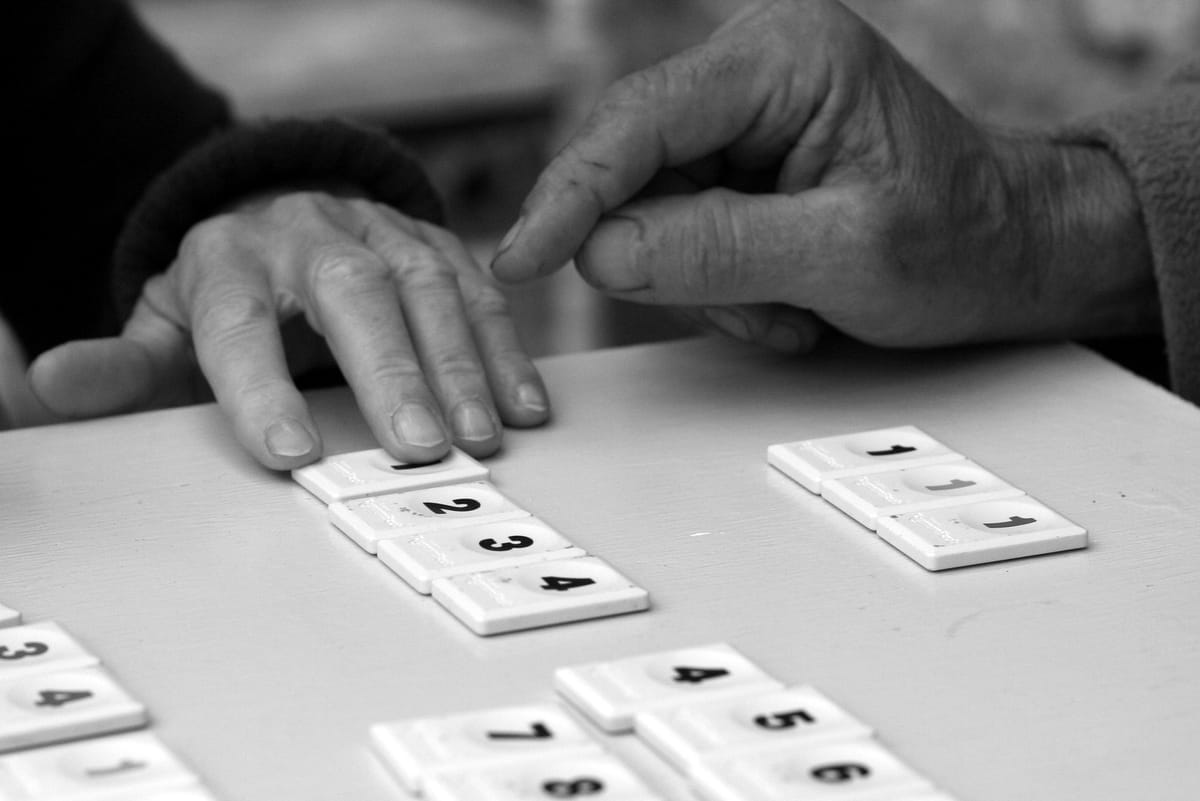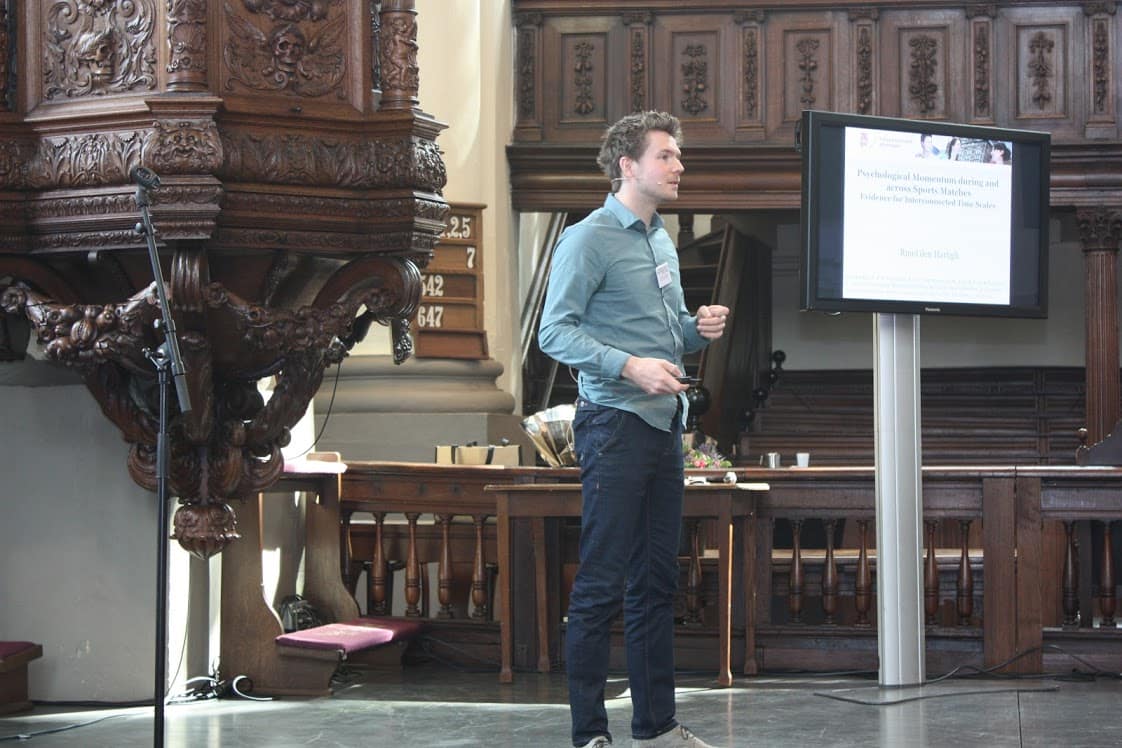A personal story, explaining how a childhood’s experience can be linked to a horrible disease. This article will give you some insight in how dementia affects the family of patients and which therapies are currently used to enhance quality of life in patients with any form of dementia.
The feeling of anger and the craving for revenge are closely linked to each other. Anger and revenge can take on enormous scales contributing to global conflicts. Well-intentioned political involvement might counter possible detrimental effects.
Black boxes are mechanisms, systems, or tools that we use without knowledge or interest in how they work internally; instead we look only at the input and output, or stimulus and response. Psychology, in its drive to establish itself as a hard science, appears to accept the closing of its black boxes with too great a readiness. What I suggest here is simply that we would benefit from a more scrupulous assessment of the validity and pragmatism of the black boxes we create, endorse and use within our field.
The huge stream of immigrants comes with many challenges. These challenges often have an underlying psychological aspect. Psychological theories can therefore help to understand the impact of immigration on both immigrants and locals. They can also be used to develop interventions that could improve the understanding between immigrants and locals.
Homeopathy is a domain of alternative medicine that has no scientific plausibility. However, many people are convinced of its effectiveness because they are fooled by the unconscious psychological mechanisms homeopaths utilize for treatment. One of these mechanisms is the patients’ positive reaction to the empathy homeopaths show during consultations.
Studying psychology in Groningen does not only mean enjoying the international student life but also going for several months abroad in order to make worthy life experiences and get to know a new perspective of psychology. Come with us and discover which amazing experiences students have made in Austria, Turkey, Sweden, and Ireland! Do you […]
Thurday April 7, the Heymans Symposium was organized in the Nieuwe Kerk. Lea Schumacher, Vladimir
Bojarskich, and Florian Mohnert went there, and provide a student perspective on the research presented.
Studying psychology in Groningen does not only mean enjoying the international student life but also going for several months abroad in order to make worthy life experiences and get to know a new perspective of psychology. Come with us and discover which amazing experiences students have made in New Zealand, the United States, Spain and […]
Second-year Psychology students participating in the University Honours College complete a Research Seminar, during which they write a popular science article about their second-year research internship. Voted as one of the best articles of this year was written by Airi Yamada. Mindwise publishes a modified version of her article. It is not uncommon to encounter terms […]
This post looks at our research on the mechanics of negative emotions about ourselves, the human obsession with how the past could have been different and some of the things I learned from this first laboratory research project I worked on during the past six months.










